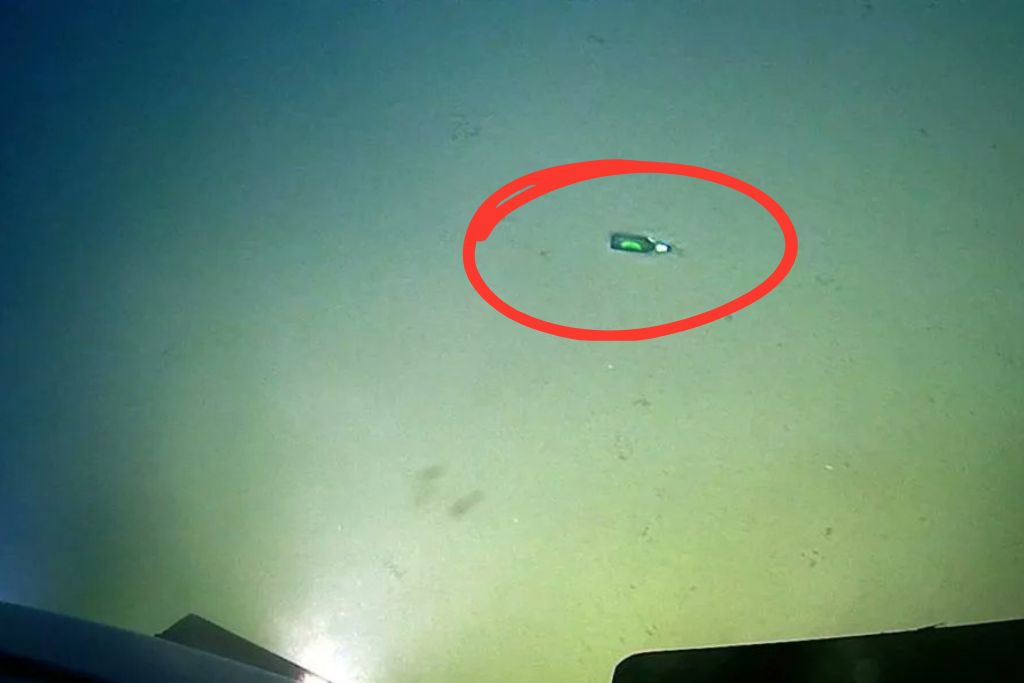Title: Philippine Government Website Breach Highlights Urgent Need for Improved Cybersecurity Measures
Subtitle: Cybercriminal Exploits Government’s Poor Password Choice and Exposes State Secrets
Date: [Current Date]
By Pierre Herubel
A recent cybersecurity incident has brought attention to the alarming failures in the Philippine government’s cybersecurity measures. A Filipino cybercriminal managed to breach a government website using the simple password “Admin123,” revealing the personal data of millions of Filipinos and unveiling closely guarded state secrets.
According to a report by Interesting Engineering, the cybercriminal, known by the pseudonym “DiabloX Phantom,” hails from the southern city of Davao. In a live chat on social media, he expressed frustration towards the government’s long-standing cybersecurity issues, which have been acknowledged but remain unaddressed. DiabloX Phantom claimed to have been part of the government’s “red team” responsible for identifying vulnerabilities in the state’s cybersecurity system.
During his infiltration, the hacker successfully accessed the websites of five government institutions, exposing significant volumes of data and highlighting the existing security weaknesses. Of particular concern was the use of the shockingly inadequate password “Admin123” by a state agency, underscoring the urgent need for improved cybersecurity measures within the government.
This incident is not the first of its kind in the Philippines. Just a few weeks ago, the servers of the Philippine Health Insurance Corporation (PhilHealth) were infiltrated by a hacker group, resulting in the disclosure of a substantial amount of personal data. The breach impacted millions of Filipinos, including domestic residents and overseas Filipino workers.
As reported by the South China Morning Post, the cybersecurity specialist Carlos Nazareno noted that the Philippines lacks a strong privacy culture, making the government’s data highly vulnerable to data breaches. Nazareno warned that with just an email, phone number, and ID, identity theft becomes a real possibility.
In another incident on October 13, the Department of Information and Communications Technology (DICT) acknowledged “breaches” affecting “experts’ data.” The leaked documents were related to the establishment of a national center of excellence in cybersecurity, adding an ironic twist to the situation.
The exposure of these cybersecurity failures has prompted the Philippine government to take action in fortifying its cybersecurity measures. In response, the Supreme Court of the Philippines has urged officials and personnel of the judiciary to enhance their cybersecurity protocols and provided guidelines for “proper cyber hygiene” to mitigate the risk of cyber threats.
These incidents serve as a stark reminder of the country’s urgent need for improved cybersecurity defenses. As the government grapples with the aftermath of these breaches, it is clear that immediate action is necessary to protect the personal data of Filipinos and safeguard national security.
Disclaimer: The information provided in this article is based on sources believed to be accurate. TECHTIMES.com does not take responsibility for any inaccuracies or consequences arising from the use of this information.
Image: [Include image if necessary; Example: Biometrics Considered For National Identity Card – Image Source: Ian Waldie/Getty Images]
© 2023 TECHTIMES.com. All rights reserved.

I have over 10 years of experience in the cryptocurrency industry and I have been on the list of the top authors on LinkedIn for the past 5 years. I have a wealth of knowledge to share with my readers, and my goal is to help them navigate the ever-changing world of cryptocurrencies.




